In Focus: How poetry 'offers us something unique at times like this... It does not give us all the answers, but it helps us process the world around us'
As entries for the Country Life poetry competition have begun to arrive, Tim Relf celebrates our countryside poets and the locations that inspired them to write such evocative verse.
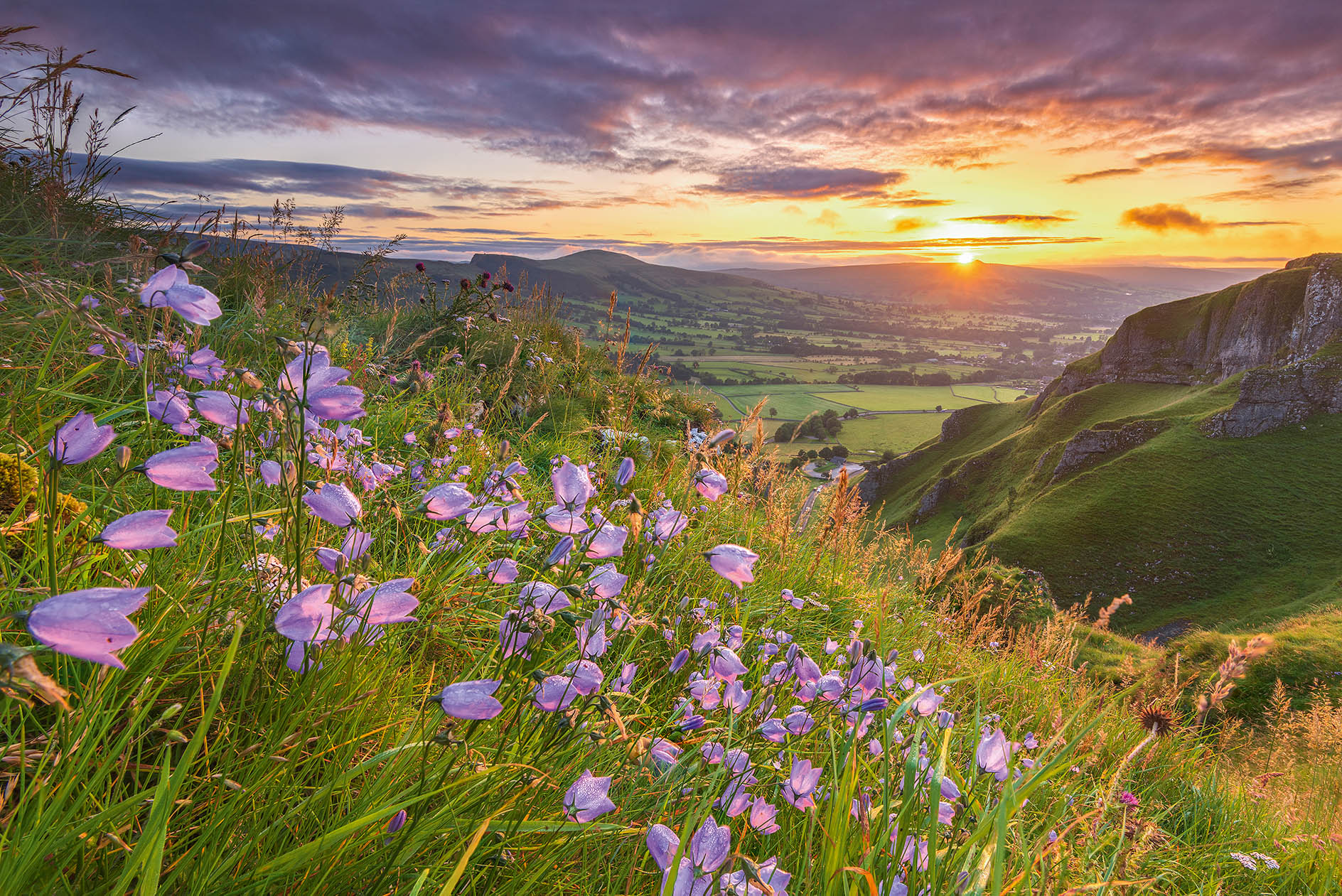

Last week we launched the Country Life Poetry Competition, a chance for budding poets to see their work in print.
Below, meanwhile, author Tim Relf takes a look at some of the great poets who have celebrated the beauty of Britain — words which will, we hope, inspire you to pick up a pen. Or a pencil. Or a laptop.
I’ll never forget the first time I read Edward Thomas’s As the Team’s Head-Brass. I had been familiar with Adlestrop from school and, later, had been introduced to Old Man and The Manor Farm (all three beautiful, rural vignettes), but the gentle pace and understated power of this poem immediately struck me.
Penned only months before Thomas (‘And for that minute a blackbird sang’, July 28) was killed in the Battle of Arras in 1917, it is a war poem as much as a farming one, capturing a conversation between a man sitting on a fallen elm and another driving a heavy-horse team — the former watching the latter ‘narrowing a yellow square of charlock’.
The men’s conversation is bookended by glimpses of two lovers going into and leaving a wood, rendering the poem a meditation on fertility, regeneration, the cycles of Nature and, of course, death:
Instead of treading me down, the plough man leanedUpon the handles to say or ask a word,About the weather, next about the war.Scraping the share he faced towards the wood,And screwed along the furrow till the brass flashedOnce more.
For my money, it’s the crowning achievement of a career that influenced generations of later writers — an influence that another great chronicler of wild places, Ted Hughes, was to acknowledge by referring to Thomas as ‘the father of us all’.
Former Poet Laureate Sir Andrew Motion, now Homewood professor of the Arts at Johns Hopkins University in Baltimore, US, is heartened that there has been such an increase in Thomas’s popularity in recent decades, a rise he partly attributes to the growing interest in environmental matters. ‘One of the qualities Thomas has in fantastically generous quantities is an ability to look very closely at the rural world and give it back to readers in minutely observed ways,’ he says. ‘This brings it before our eyes and, in the process, makes us aware of the fragility of the earth and of how we need to look after it better than we do.’
Whether it’s a nettle, a dancing mote of dust, a blade of grass or, in this case, the sun glinting on the brass of a Shire horse criss-crossing a field, Thomas is masterful at detail. ‘The ordinary and often-overlooked things,’ as Sir Andrew puts it.
This ability to highlight the small to illuminate the big is key to the success of many great chroniclers of the pastoral, including Wordsworth, Tennyson and Hardy. Contemporary writers, too, such as John Burnside, Jo Shapcott, Kathleen Jamie and Alice Oswald — ‘although all doing their own thing in original ways’ — are continuing this tradition.
Sign up for the Country Life Newsletter
Exquisite houses, the beauty of Nature, and how to get the most from your life, straight to your inbox.
The way we all understand and describe the emotions that rural locations engender is inescapably shaped by our poets, Sir Andrew believes. ‘Whether we know it or not, whether we are poetry readers or not, theirs is the language that has entered the national blood stream, that has entered all of our bloodstreams and forms a part of our consciousness.’
Sir Andrew highlights Philip Larkin’s Going, Going as a great campaigning poem — effectively saying ‘Look after the countryside or it’s going to be too late’ — and suggests that, in many ways, it’s a ‘poster poem’ for the charity of which he’s vice-president, the CPRE. It opens:
I thought it would last my time —The sense that, beyond the town,There would always be fields and farms,Where the village louts could climbSuch trees as were not cut down…
The best writing can take specific spots and entire areas out of the flow of time and preserve them, he adds. ‘It might contain reminders of how time continues to pass, but it’s a crystallisation of the place that can become inseparable from the place itself, which means they become totems of how we think of England more generally.’ This is why a literary connection can cement a place so strongly in the nation’s heart.
It was, says Sir Andrew, the work of Laurie Lee that has installed the Slad Valley in our affections and consciousness — a legacy frequently cited in a successful CPRE campaign to stop a proposed development near Stroud in 2015.
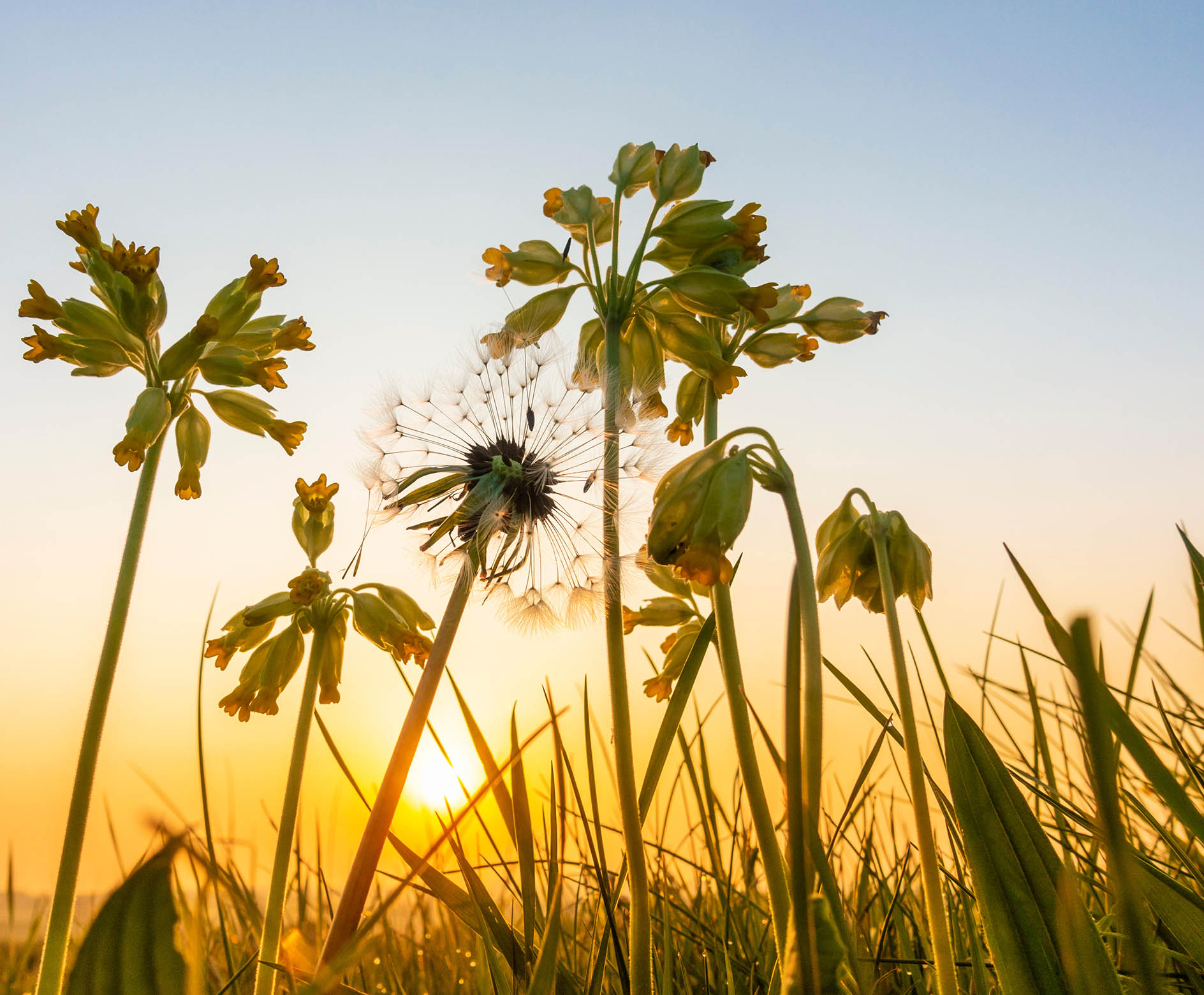
Lee’s daughter, Jessy, says that her father felt part of his ‘beloved’ Gloucestershire landscape wherever he was in the world. Perhaps best known for autobiographical works such as Cider with Rosie, a beautiful portrayal of his childhood in a Cotswolds village, Lee was also a talented poet, reflecting on the seasons in such works as Christmas Landscape, Field of Autumn, Long Summer and April Rise.
The first few lines of the latter poem inscribe his gravestone in Slad:
If ever I saw blessing in the airI see it now this still early dayWhere lemon-green the vaporous morning dripsWet sunlight on the powder of my eye.
For Miss Lee, April Rise is about the rebirth of the spring after a long winter. ‘It celebrates the perpetuity of life and evokes such a sense of relief. I have always been awestruck by how economical my father was with words — how he places each word next to another to invoke such colour, sensuality and emotion. Laurie was interested in — and inspired by — everything around him.’
She continues: ‘He felt an ever-present sense of longing to be back where he was born, which was what drove him to write with such emotion.’
Costa Book Awards-shortlisted poet Kate Miller believes this deep-rooted sense of affinity with a specific spot — or the land more generally — is the spark for much of the best landscape writing: ‘The Australian Les Murray wrote superbly about his surroundings and one of the reasons he could is because he escaped city life to live on a farm. But you don’t need to own land to write about it. It is immersion in a particular world that allows you to capture that sense of place.’
There’s no better way of achieving this immersion than by walking, suggests Dr Miller. ‘You experience landscapes, seascapes, skies and architecture completely differently to how you do when they whizz past you in a car,’ she says. ‘You’re more open to what you come upon and the pace is important, too — it’s no coincidence that much writing from our great oral tradition uses the walking pace.’
She cites Thomas as a perfect example: ‘He was a great walker and his writing is often almost song-like. There are some fantastic rhythms in As the Team’s Head-Brass. He knew the names of flowers and weeds and he knew his farming. He’s never ecstatic about the countryside like Gerard Manley Hopkins was — he’s more pensive and down to earth — but he wants to share what he knows and he gives us a way of dealing with time: his past, our pasts and what’s ahead.
‘Coleridge, Clare, Hughes, Plath and Heaney also wrote beautifully about the natural world and one of the contemporary authors who does it best is the former National Poet of Wales Gillian Clarke,’ she believes.
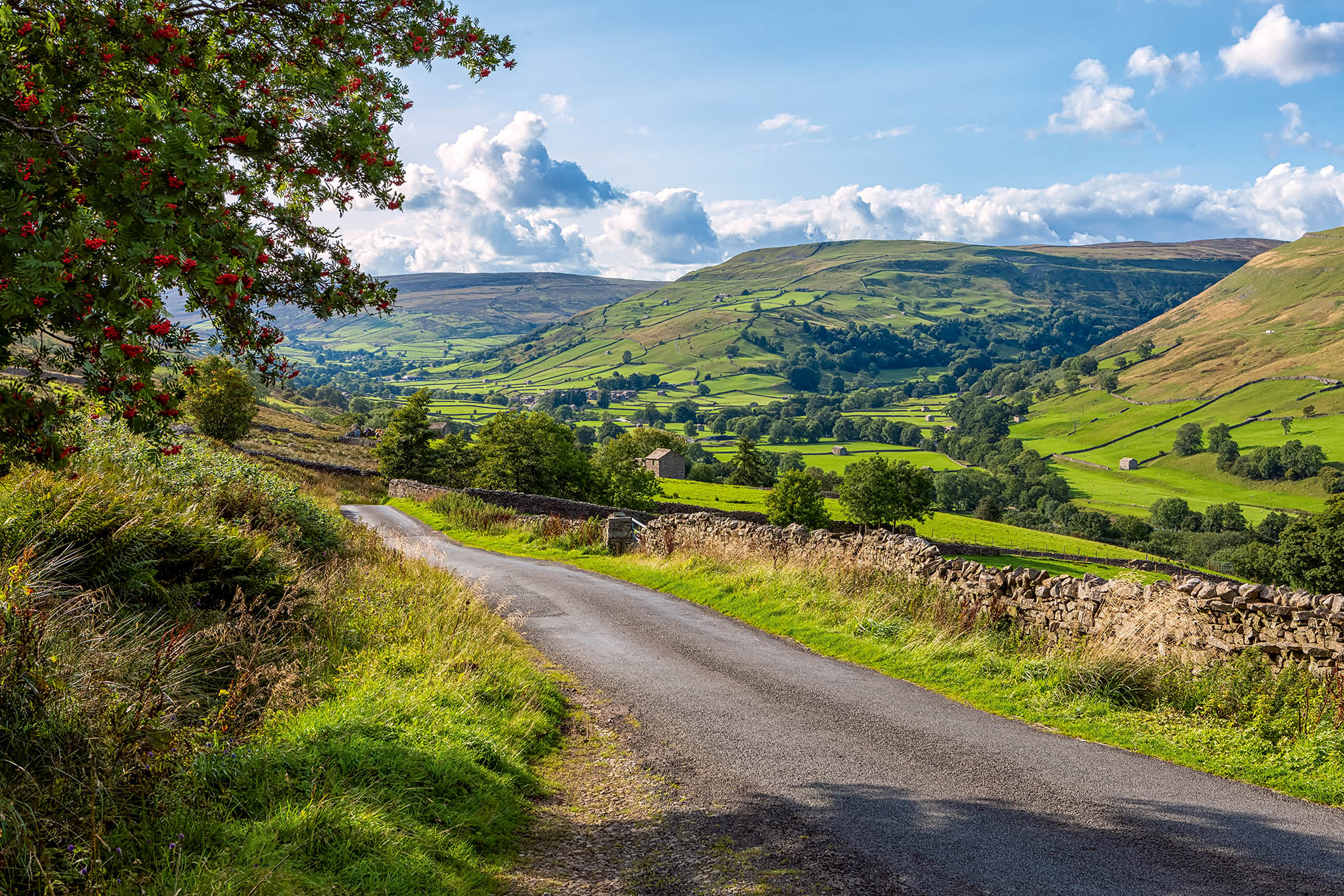
Dr Miller’s advice to would-be poets is to take time to walk. ‘Get up early — say, 4am. Leave the dog at home as it will disturb the wildlife and have your phone on silent.’ Observing is important, but go beyond simply looking, she suggests: ‘That can make you jump to a lot of “looking” adjectives and they’re often not as effective as the words that come to mind through, say, smelling or touching.’
This connection with fresh air, green spaces, the environment and the seasons has been craved by a lot of people during the Covid pandemic, prompting many to read and write Nature poetry for the first time, suggests Jane Commane, editor/director of publisher Nine Arches Press: ‘The genre is, after all, the perfect transportable art form — owning a book is all you need to experience it.
‘People look to poetry at key moments, such as births, marriages and funerals, but we have been in a period of uncertainty and fear, and poetry offers us something unique at times like that,’ the publisher reflects. ‘It does not necessarily give us all the answers, but it helps us process the world around us.
‘In an era when there are concerns about language being devalued and abused — particularly in political discourse — poetry gives a quality and a value back to it and our best countryside writing epitomises this through its precision and power.’
Meanwhile, back in America, Sir Andrew — despite having been a city dweller for many years — is conscious how his rural upbringing still exerts a powerful influence on him and his writing. ‘My parents were country people and my uncle was a farmer, so, from the start, the countryside was imprinted on me. I never stopped caring about it, even when I went to live in a town. Nowadays, my wife and I spend a lot of time at weekends out and about in Maryland, which is a beautiful state — and I still go fly-fishing whenever I can.’
Presumably, the opportunity to be near water in such beautiful places — and to pursue the passion that, he says, rivals his obsession with Thomas — acts as a much-needed counterpoint to his busy writing life?
‘Yes, I just think about where that damned fish is and how I’m going to get to it!’
Enter the Country Life poetry competition here.
Country Life is unlike any other magazine: the only glossy weekly on the newsstand and the only magazine that has been guest-edited by HRH The King not once, but twice. It is a celebration of modern rural life and all its diverse joys and pleasures — that was first published in Queen Victoria's Diamond Jubilee year. Our eclectic mixture of witty and informative content — from the most up-to-date property news and commentary and a coveted glimpse inside some of the UK's best houses and gardens, to gardening, the arts and interior design, written by experts in their field — still cannot be found in print or online, anywhere else.
-
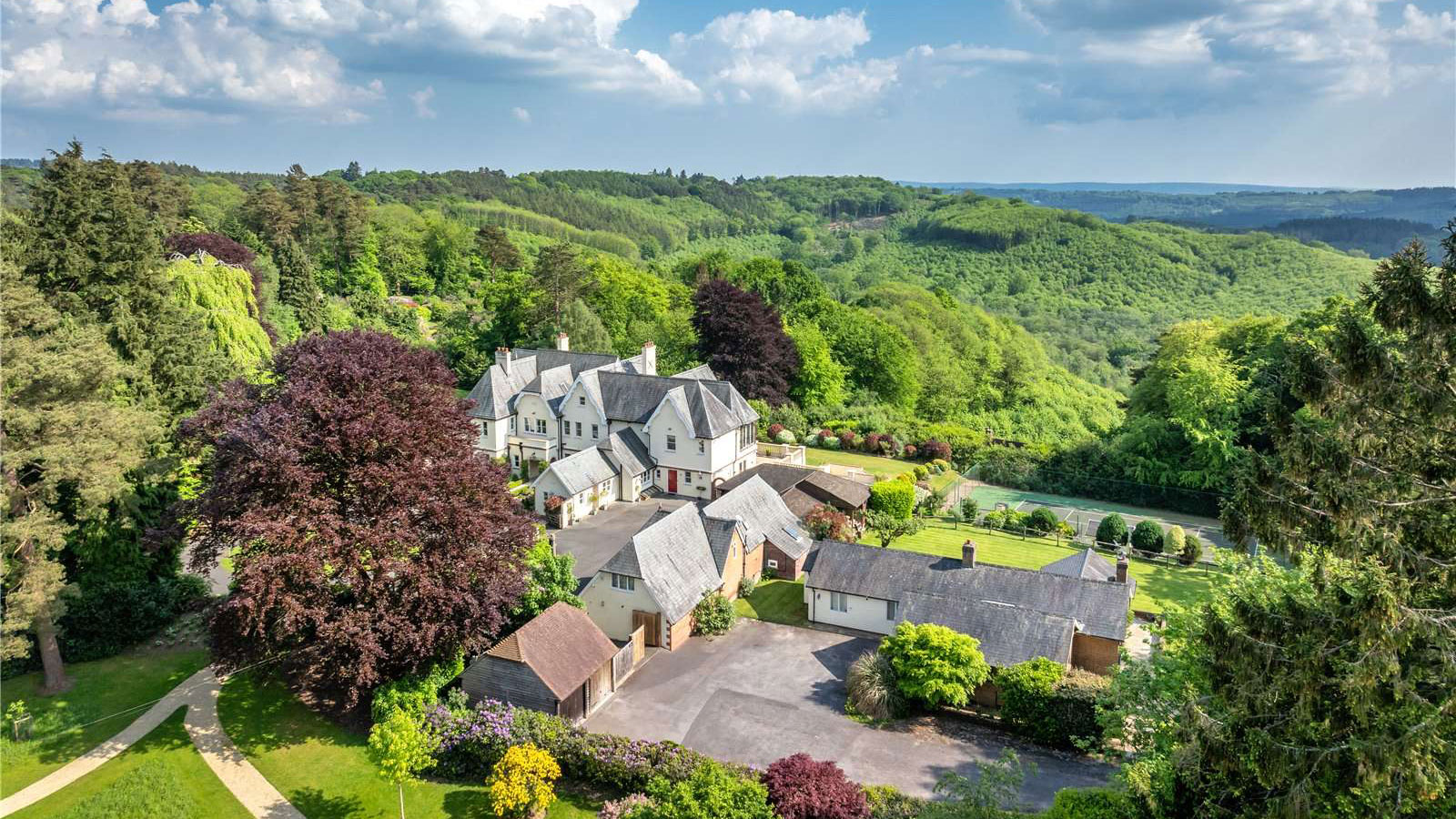 Six rural properties with space, charm and endless views, as seen in Country Life
Six rural properties with space, charm and endless views, as seen in Country LifeWe take a look at some of the best houses to come to the market via Country Life in the past week.
By Toby Keel
-
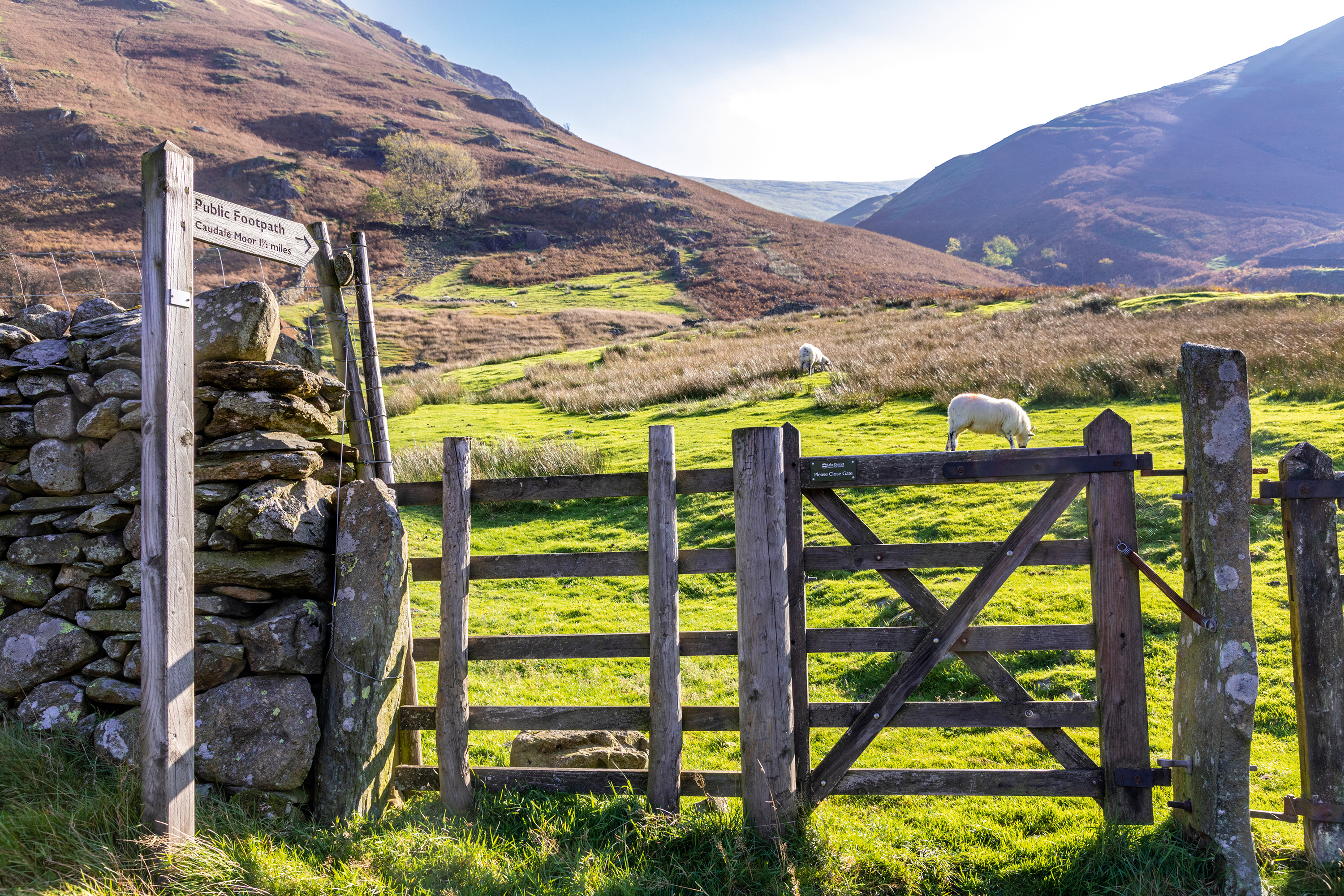 Exploring the countryside is essential for our wellbeing, but Right to Roam is going backwards
Exploring the countryside is essential for our wellbeing, but Right to Roam is going backwardsCampaigners in England often point to Scotland as an example of how brilliantly Right to Roam works, but it's not all it's cracked up to be, says Patrick Galbraith.
By Patrick Galbraith